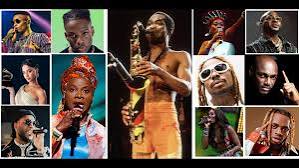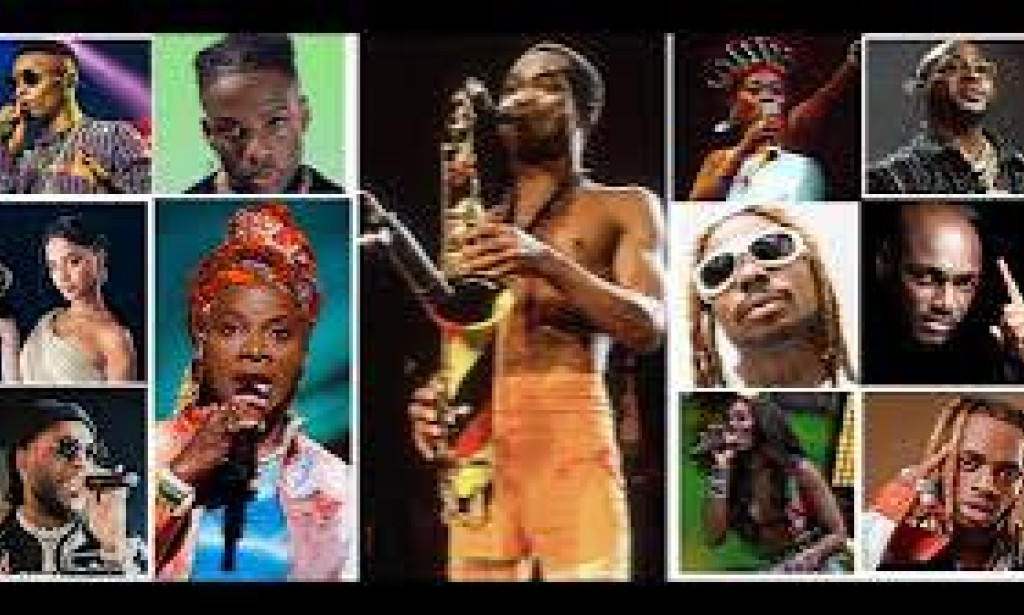
What makes it so that when a Burna Boy song is released in Lagos, it reverberates across dancefloors in London, New York, and Tokyo? Afrobeats transcends mere music—it's an international sensation that has everyone grooving. Yet underneath the catchy beats lies a profound foundation: science, psychology, and cultural enchantment.
At its foundation, Afrobeats rests on polyrhythms—layered percussion patterns that engage the brain’s inherent desire to move. Researchers suggest our bodies are programmed to react to these rhythms, which clarifies why Afrobeats grooves are simply irresistible.
From Fela Kuti’s Afrobeat revolution to Wizkid’s silky smooth melodies, the genre fuses drumming customs, highlife guitar melodies, and contemporary hip-hop/EDM production into a sound that is both avant-garde and authentically African.
The composition of Afrobeats tracks is even designed to capture your attention. The call-and-response style reflects the way we communicate daily in Nigeria, making the music feel interactive rather than detached. Coupled with lyrics rich in pidgin English, Yoruba, Igbo, or Hausa—and you have a sound that carries a cultural signature unmatched by any other genre.
Global listeners aren’t merely dancing to Afrobeats—they’re forging an emotional connection with it. Its themes—love, ambition, tenacity, celebration—are universal. That's why a young individual in South Korea can vibe to Rema’s "Calm Down" without fully grasping the lyrics. Afrobeats transcends language; it resonates with the body, the heart, and the subconscious mind.
And don’t overlook the streaming influence. Platforms like TikTok and Spotify are propelling Nigerian artists to stardom at breakneck speed. Viral dances, challenges, and remixes ensure Afrobeats transcends Africa—it’s the anthems of a generation.
So, the next time you experience an Afrobeats track that makes you unable to stay still, don’t resist it—it’s science. Nigeria is more than just a music exporter; it’s sharing energy, identity, and joy. The world isn’t just hearing it—it’s dancing to Nigeria’s rhythm.



You must be logged in to post a comment.